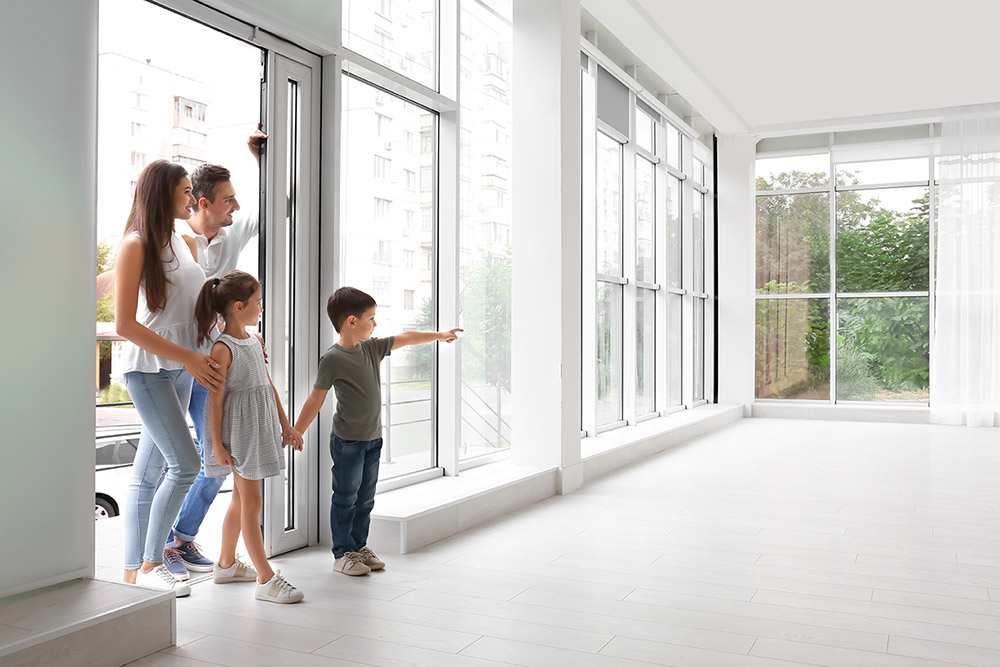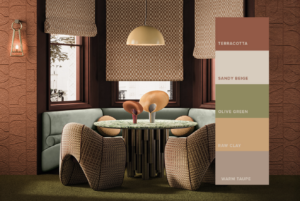Whatever your station in life, there are times where you’re going to have to compromise, and when buying a property, this is almost inevitable; it’s just a matter of how big the compromise is!
Creating a wishlist is a great place to start when you’re about to begin the property hunt. Use two columns to outline what’s important to you in a home and what is likely to be a deal breaker and order them from most important to least important as this will help you stay focused on what your needs are. You may think this process is a no-brainer, however, having a physical list in front of you when considering buying a property can be a real asset, preventing poor decision making in the heat of an emotional moment.
Whilst everyone is different, there are a few key themes that end up at the top of many deal breaker lists.
Location
One thing that definitely cannot be changed is a home’s location. You can’t pick up a suburb and move it closer to the CBD, or move a house off a main road or train line, nor can you make the area that surrounds it hilly and picturesque if it’s flat and unremarkable. And whilst the demographic of a suburb may change over time, it’s likely to be a slow and gradual process. The location you choose will have a bearing on numerous things including school zoning, infrastructure and commutability, so make sure you’ve done thorough research on the area before committing to purchase.
Budget
So, you’ve been to see your lender, and you’ve been given a figure of what you can borrow. You start looking for properties in this range and then bam, out of nowhere comes a property you fall in love with; it’s your ‘perfect in every way’ home and you can’t get it out of your mind. The catch; it’s above budget. So, what do you do? As difficult as it may be, you should walk away. Whilst you may be able to borrow additional funds from family or another lender, your bank/mortgage broker has given you a figure for a reason. Specific calculations are used to assess your ability to pay back a loan, and these guidelines are put in place to stop you from over-committing; it’s a way to protect both yourself and the lender. Anyone who’s suffered financial hardship will tell you that no home’s worth putting yourself under the stress overextension can cause. Keep searching!
Land size
Unlike the size of a dwelling, which may have the option to be altered, the physical land you see is the physical land you’ll get. Many people are happy to opt for a compact block offering lower maintenance, and these allotments are becoming more prevalent. Consider how you see yourself using an outdoor space, and what parkland and open green areas are in proximity, as this may impact your decision making. Remember, it’s not possible to fit a swimming pool in a matchbox, so make sure you cater accordingly if a summertime haven is something you aspire to.
The home with issues
There’s a reason the run-down home you’re cringing at is cheaper than the bright shiny one down the road; someone probably put their money and time into fixing the other one up, and you’re going to pay a premium for the finished product. Before committing to buy your own renovator’s delight, consider whether you have the desire, time and expertise to renovate the home yourself. If the answer’s no, you need to factor the cost of getting someone else to do the bulk of it for you. It’s also imperative that you get a building inspection done as issues not necessarily visible to the layman such as rising damp, asbestos and termites can be costly to resolve. When it comes to the crunch, you may find it’s cheaper, and a whole lot less stressful, to pay the price of the move-in ready home.
For some, buying a home will be a process undertaken once in a lifetime, for others, it’ll be a path travelled a number of times, as needs and wants change. Either way, the more research you do, and the clearer you are on what’s important to you, the easier and more successful you’ll find the journey.





